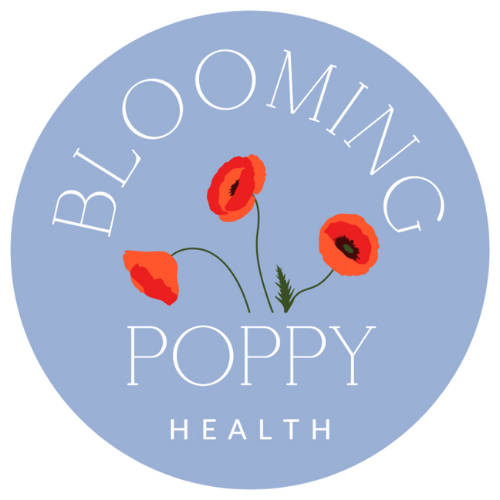What Your Bowel Movements Say About Your Health (And Why You Should Care)
Bowel movements might not be the most glamorous topic, but they are one of the best indicators of your overall health. Whether you go once a day or three times a week, the consistency, color, and frequency of your stools can tell you a lot about what’s happening inside your body. If you’ve ever wondered, “Is this normal?”—you’re in the right place.
The Ideal Bowel Movement
A healthy bowel movement should be well-formed, easy to pass, and medium brown in color. Ideally, it should resemble a banana or a soft log—neither too hard nor too loose. If your digestion is on point, you should feel fully relieved afterward, without excessive straining or urgency.
What Your Stool is Telling You
Hard, Dry Stools → This could indicate dehydration, a lack of fiber, or slow-moving digestion. In Traditional Chinese Medicine (TCM), this is often linked to a deficiency in Yin fluids or excessive heat in the digestive system.
Loose or Watery Stools → Chronic diarrhea may point to poor absorption of nutrients, food intolerances, or an imbalance in gut bacteria. In TCM, this is often associated with Spleen Qi deficiency or dampness in the digestive system.
Pale or Clay-Colored Stools → This could indicate bile flow issues, often linked to liver or gallbladder function.
Dark, Tarry Stools → If your stool is black and tarry, it could suggest bleeding in the upper digestive tract and should be checked by a healthcare provider.
Floating Stools → This is actually a very good sign if you are regularly consuming a lot of soluble fiber because it means the soluble fiber is attaching to the bile (full of fat-soluble waste) and taking it out through the bowels. BUT, if you are not consuming a lot of soluble fiber, it could suggest fat malabsorption, which can be linked to issues with the pancreas, gallbladder, or liver.
Undigested Food in Stool → Some bits of undigested food are normal (like corn!), but if you consistently see poorly digested food, it may indicate weak digestive fire or improper chewing.
How Acupuncture and Nutrition Can Help
Acupuncture helps regulate digestion by balancing your gut-brain axis, improving motility, and reducing inflammation. When paired with a diet rich in fiber, prebiotics, and warm, easy-to-digest foods, your gut health can significantly improve.
Simple Tips for Better Digestion:
Stay hydrated—drink warm or room-temperature water.
Eat more fiber from vegetables + fruits (insoluble fiber), and legumes/psyllium husk (soluble fiber).
Avoid cold, raw foods if you struggle with sluggish digestion.
Manage stress—chronic stress weakens digestive function.
Consider acupuncture to support gut motility and relieve bloating.
Your bowel movements are an essential part of your health story. If something feels off, paying attention and making small changes can make a big difference!

